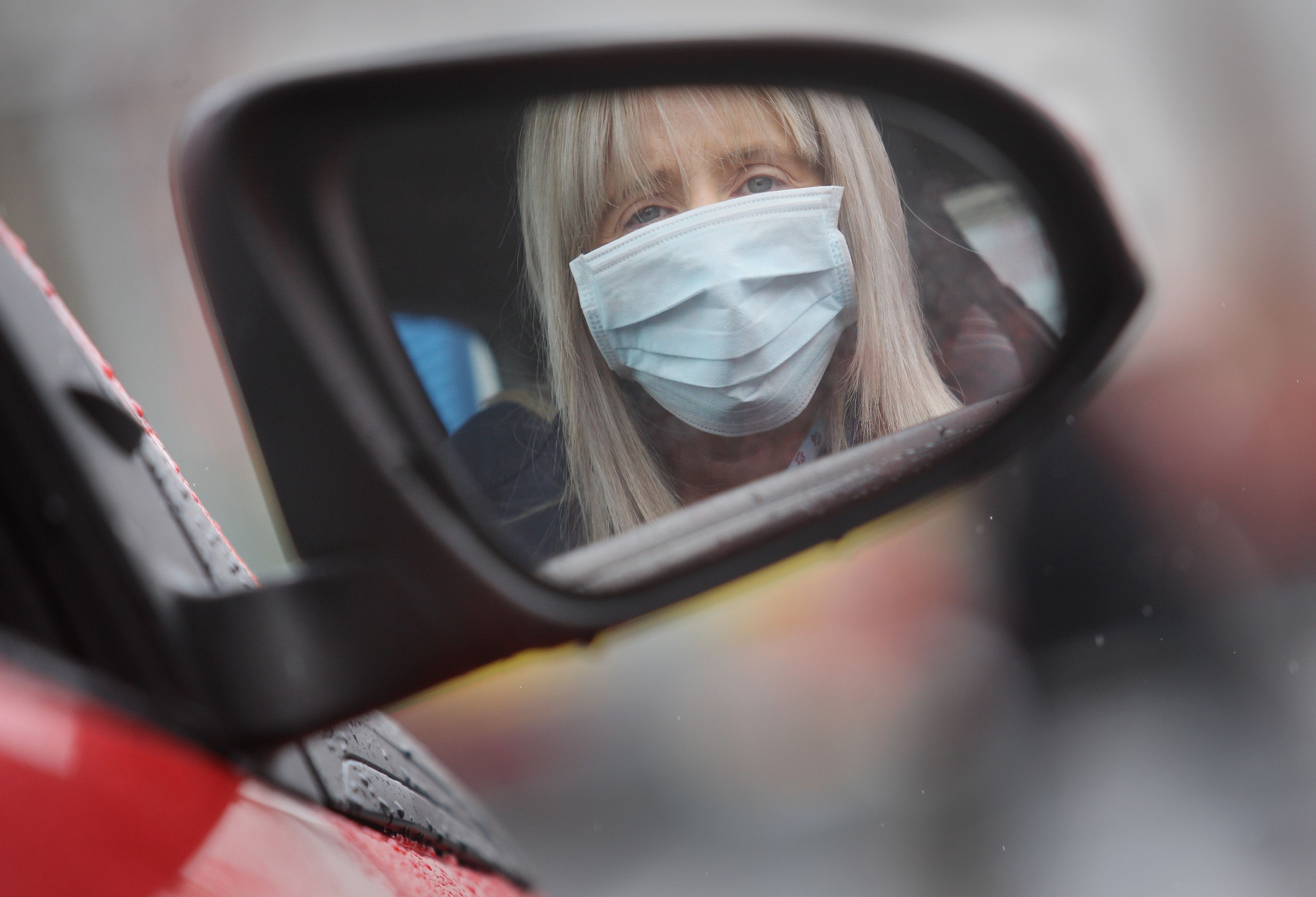CONFUSION reigns this week as businesses which find themselves at the cutting edge of the Stormont Executive mandatory mask order expressed their frustration at the lack of clarity around the issue.
Translink has pointed out to the Executive that it doesn’t consider itself to have a responsibility to enforce the law on masks, and that is a position with which the public will surely have a huge amount of sympathy, given the sterling work that the transport body’s staff have done to see us through the hardest days of the pandemic.
Meanwhile, a spokesman for the Northern Ireland Retail Federation (NIRF) pointed out that while its members considered it their responsibility to pass on to customers the information that mask-wearing is compulsory, there’s not a great deal more they can or should do. Aodhán Connolly of the NIRF said: “It’s our role to communicate the rules, but it’s not our role to place hard-working retail staff in harm’s way.”
And with that there can be no arguing because the fact of the matter is that there are non-compliant customers – or passengers – who are, as Mr Connolly pointed out, actively in search of confrontation in order to find a public space to make their bogus anti-mask case. And all too often, such people can turn aggressive or even violent. Our shop and hospitality staff and our bus and train drivers deserve our thanks and praise for their commitment – they don’t deserve that we ask them to act as enforcers or bouncers.
The debate has exposed a real problem that it is up to the Executive to solve in whatever way it sees fit – and it is a problem that simply must be solved if we are serious about avoiding another lockdown. In the whole of 2021, just five people have been fined for not wearing masks. And that statistic is worrying for a couple of reasons. The first is that it suggests that the Executive has put the mask mandate in place solely for the optics and without any intention of putting in the work of ensuring that it is effective. The second is that it is an open invitation to the public to be cavalier when it comes to mask-wearing in those places where it is mandatory: public transport, taxis, coaches, private buses, trains, airports and airplanes and bus and train stations (unless exemption applies).
At a time when the price of fuel and food are spiralling, no-one wants to see people landed with fines, especially those who can least afford it. But the Executive is either serious about its commitment to ensuring compliance or it is not – and further inaction will illustrate the latter to be the case.
Ultimately, though, this debate would not be taking place if the requisite personal responsibility was being shown by a lot more members of the public than it is at present. Living in an open society places demands on all of us in just about every aspect of our lives and it is part of the social contract that allows society to function that we show maturity and empathy. If a person refuses to show respect for another’s life, it is only right they should be robustly encouraged to do so.








